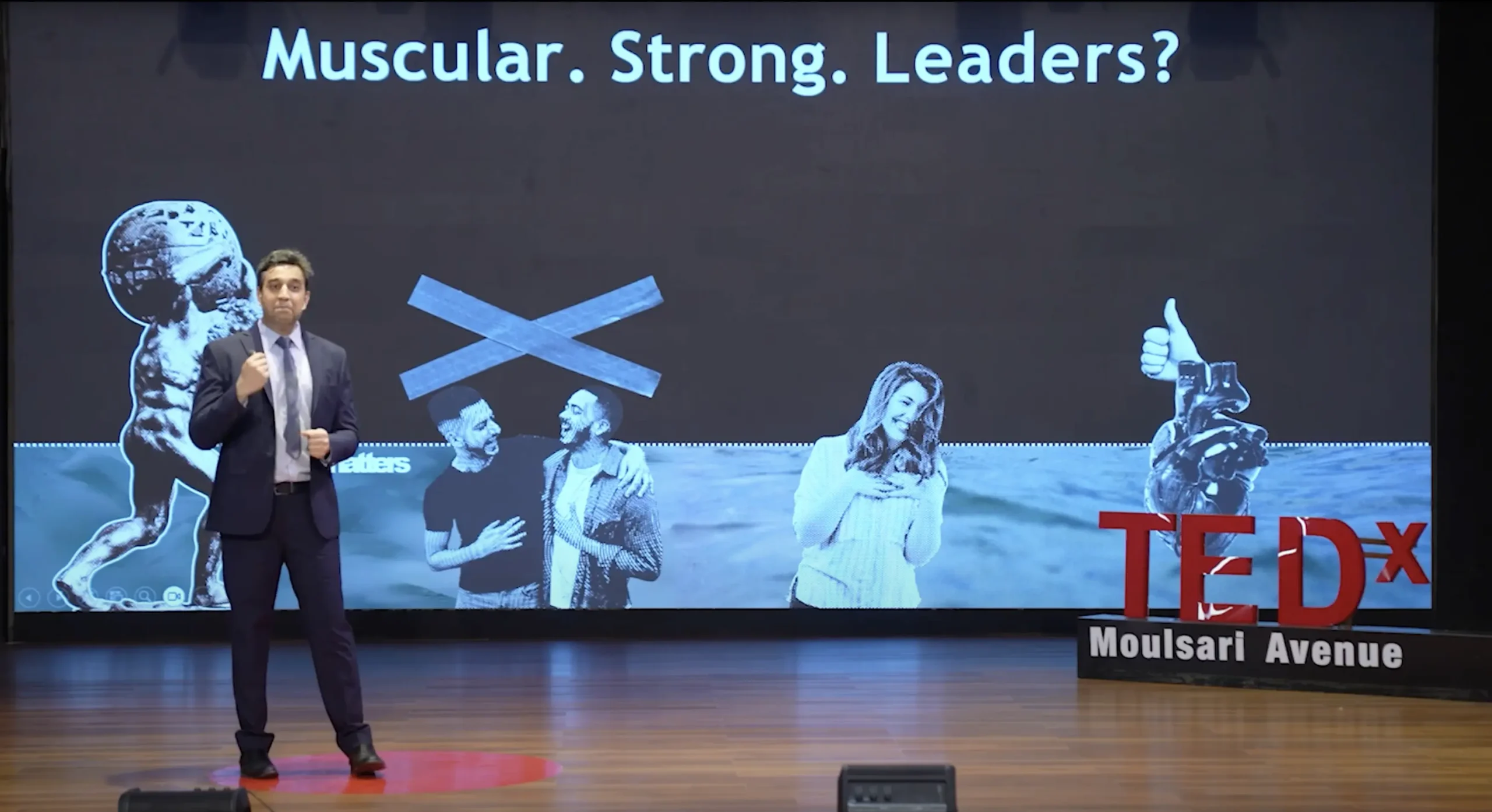When asked to picture a man, most people imagine someone strong, invincible, and unshakable — a breadwinner carrying the weight of his family and responsibilities. Yet, behind this image lies a very different reality. Men today face unique challenges that often remain hidden beneath layers of silence, stigma, and societal expectations.
Drawing from over 15 years of clinical practice, the speaker highlighted the unseen struggles men endure. One man, ridiculed by friends for his social anxiety, saw his marriage collapse after years of emotional distance. Another, haunted for over a decade by a partner’s hurtful comparison, never married. A third, who appeared healthy but collapsed suddenly, underscored how men’s health can unravel quietly and fatally.
The Longevity Gap
Globally, men die nearly five years earlier than women. The average life expectancy for men is about 68.4 years, compared to 73.8 years for women. This disparity starts as early as infancy, when baby boys show higher vulnerability to infections. As men age, the gap widens through accidents, substance abuse, suicides, and later, chronic diseases such as heart disease and diabetes.
But beyond the numbers lies another troubling truth: men’s quality of life is often diminished by stress, emotional suppression, and neglect of personal health. Many suffer in silence, trapped in the belief that vulnerability equals weakness.
Redefining Men’s Health
Men’s health goes far beyond sexual wellness. It includes issues unique to men — such as prostate conditions — and conditions that disproportionately affect them, from infertility to cardiovascular disease. Fertility rates in men have dropped by over 50% in the last 50 years, serving as a stark indicator of declining overall health. Similarly, erectile dysfunction, often dismissed as a private issue, can signal serious vascular problems and predict future strokes or heart attacks.
The roots of men’s health problems run deep. Biologically, the Y chromosome is weaker, with fewer genes than the X chromosome, making men more susceptible to genetic risks. Testosterone also fuels risk-taking behaviors, leading men toward dangerous jobs, reckless driving, and substance use. Socially, men are ridiculed for admitting struggles and discouraged from seeking help.
The Healthcare Gap
While women benefit from regular healthcare touchpoints — from menstruation and contraception to childbirth and menopause — men often fall through the cracks. After childhood vaccinations, many men do not engage with healthcare until illness forces them to. Few even know that specialists called andrologists or men’s health experts exist.
Building a Healthier Future for Men
Change begins with awareness. Introducing mandatory health screenings at key life stages — job entry, marriage, or executive checkups — can normalize preventive care for men. Incentives, workplace initiatives, and family support can encourage men to prioritize health. Importantly, dismantling toxic stereotypes and creating safe, judgment-free spaces will allow men to share their struggles openly.
Ultimately, men’s health is not just a men’s issue — it is a family, community, and societal issue. When men are healthier, families thrive, workplaces prosper, and societies grow stronger. It is time to break the silence, challenge the stereotypes, and help men conquer the invisible mountains they face every day.
